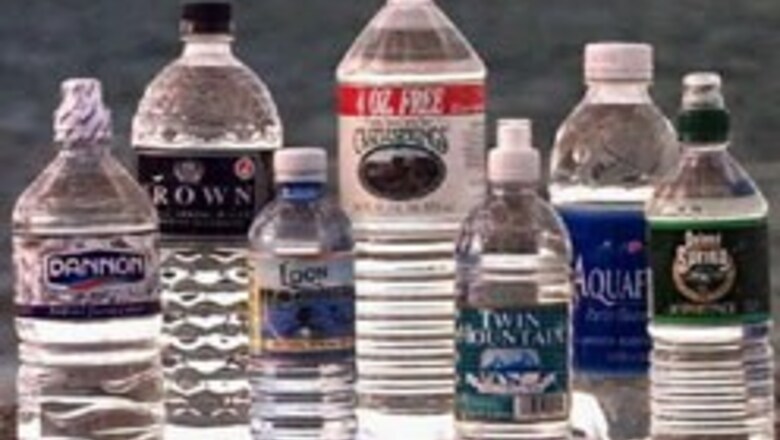
views
London: Microscopic particles of plastic are not biodegradable and may be poisoning oceans, fear British scientists.
Plastic from bottles and fishing nets to the ubiquitous carrier bags ends up in the world's oceans.
Richard Thompson at the University of Plymouth is leading research into what happens when plastic breaks down in seawater and impacts marine environments, reported the online edition of BBC News.
Sturdy and durable plastic is not biodegradable. It only breaks down physically, persisting in the environment for possibly hundreds of years, the researchers said.
Thompson estimates there are 300,000 items of plastic per sq km of sea surface and 100,000 per sq km of seabed. So plastic appears to be everywhere in our seas, he said.
Thompson and his team set out to find how small these fragments could get. So far they've identified plastic particles of around 20 microns - thinner than the diameter of a human hair.
In 2004 their groundbreaking study reported finding particles on beaches around Britain.
Historical records of samples taken by ships plying routes between Britain and Iceland confirmed that the incidence of particles had been increasing over the years.
Scientists are worried that these fragments can get into the food chain. There is the possibility that chemicals could be transferred from plastics to marine organisms, they said.
Now the team has extended its sampling elsewhere in Europe and to the Americas, Australia, Africa and Antarctica.
Whether plastics present a toxic challenge to marine life and subsequently to human beings is one of the biggest challenges facing marine scientists today.
The plastics industry's response is that much of the research was speculative at this stage.
There is very little evidence that this transfer of chemicals is taking place in the wild, they added.




















Comments
0 comment